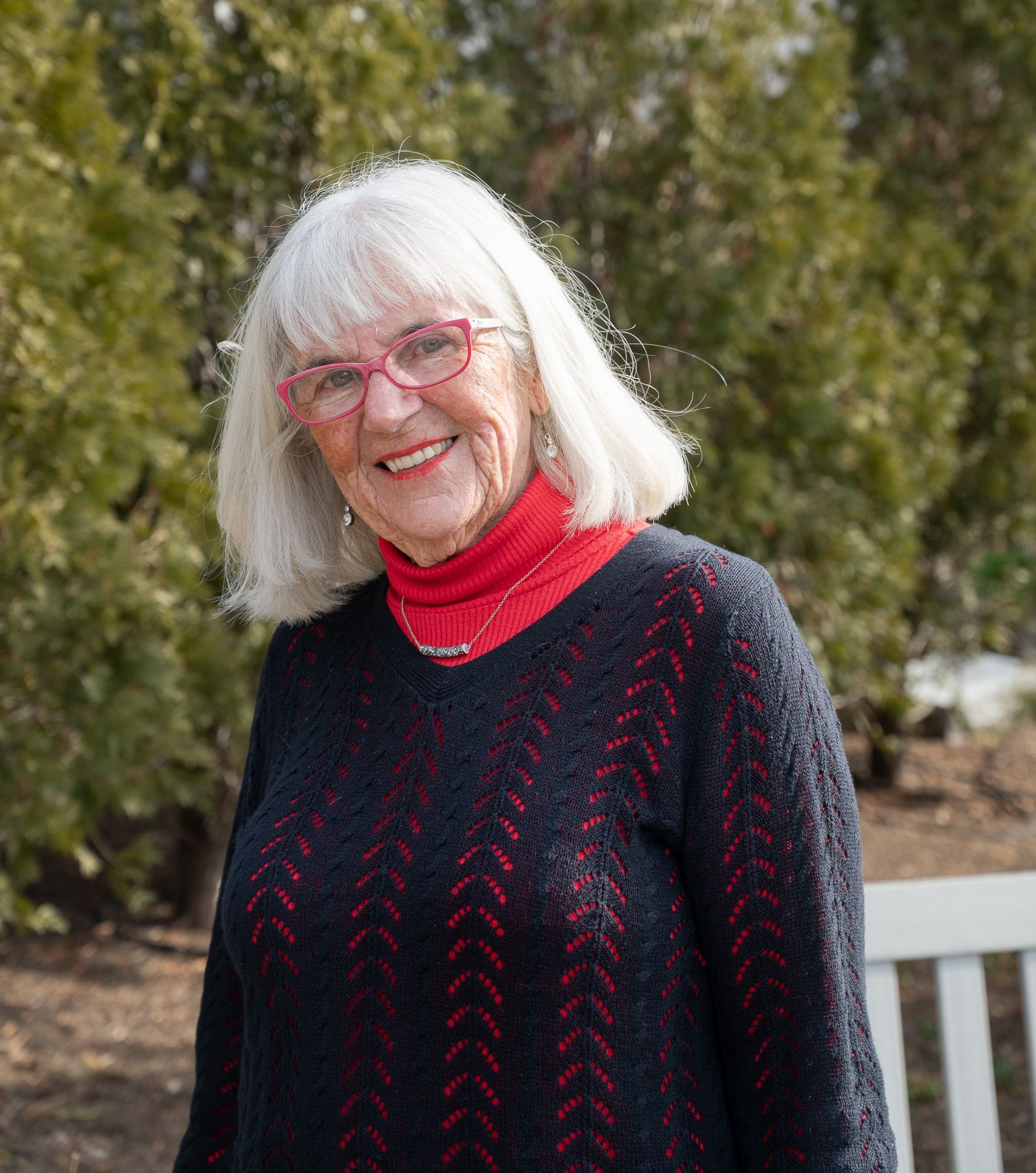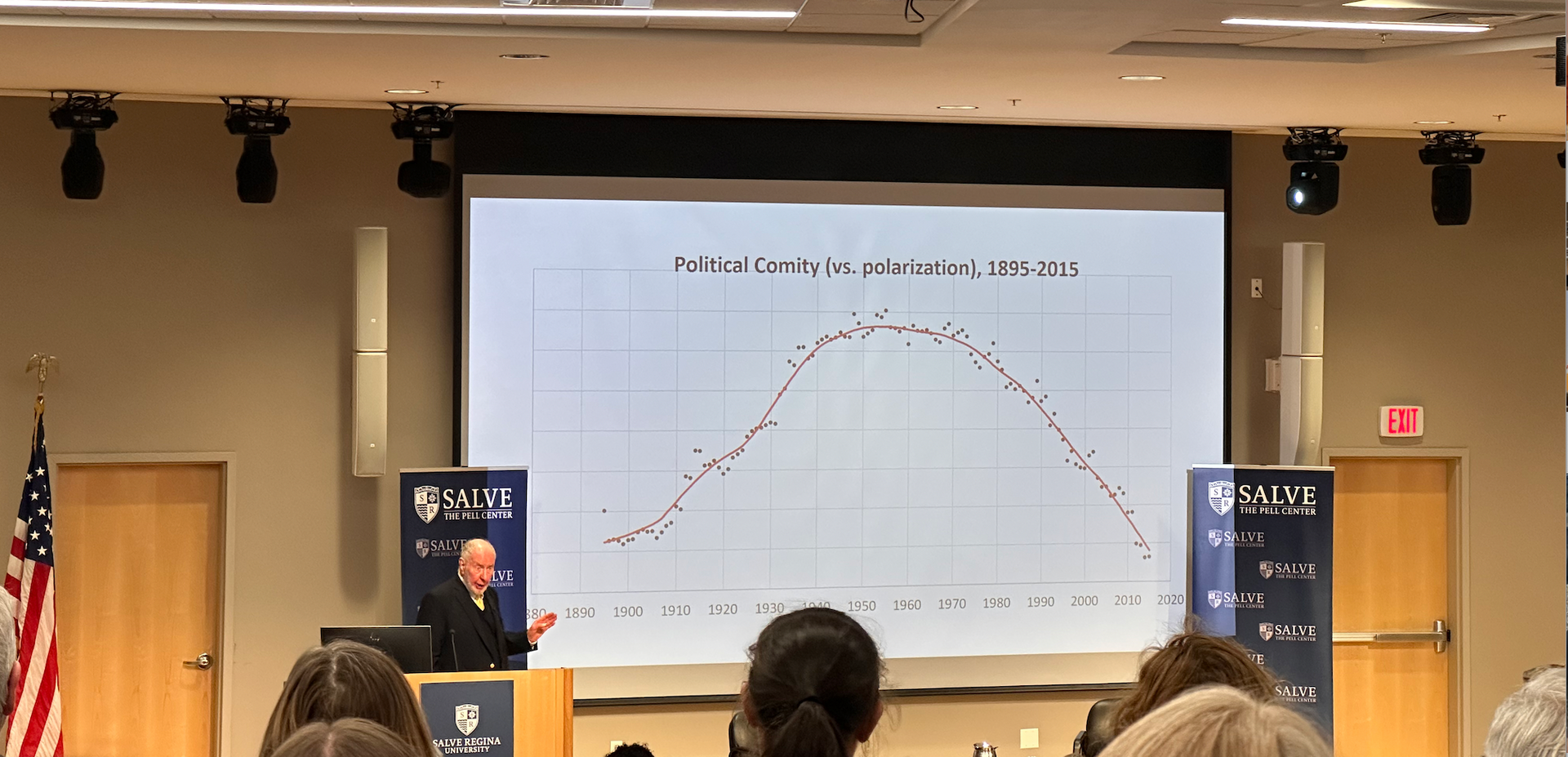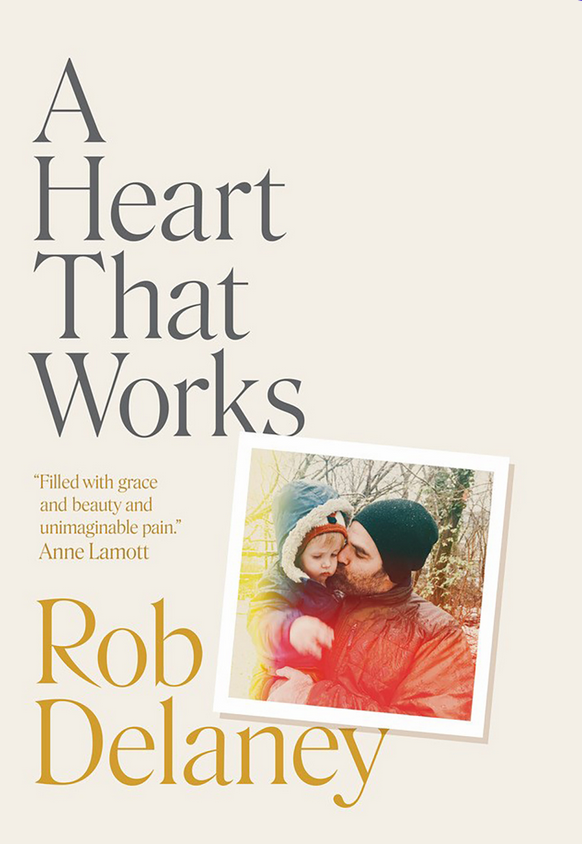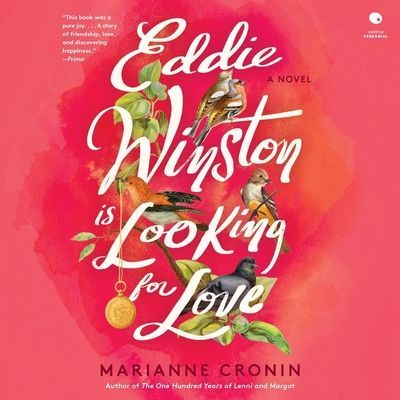What is the secret to happiness? Connection.
What is the secret to happiness? Connection.

If we know money and fame can’t get us happiness, it leaves us wondering what is the secret? Harvard researchers asked themselves that same question during the Great Depression before conducting one of the world’s longest studies of health and happiness.
“The surprising finding is that our relationships and how happy we are in our relationships has a powerful influence on our health,” said Robert Waldinger, director of the study, a psychiatrist at Massachusetts General Hospital and a professor of psychiatry at Harvard Medical School said in 2015.
While taking care of one’s health is also important, it doesn’t replace the need for close, meaningful relationships, Robert argues.
“Tending to your relationships is a form of self-care too. That…is the revelation,” the professor said.
Starting in 1938, scientists part of the Harvard Study of Adult Development followed 268 male students (this was before women were allowed to study on campus) for the next 80 years of their lives.. The study later expanded to include the participants’ offspring, and in the 1970’s, 456 Boston inner-city residents were enlisted to participate, including some of their wives. In total, more than 1,300 participants were observed over the course of the decades-long study. Throughout the years, the study saw some individuals become successful businessmen, while others turned to addiction and suffered from mental health issues.
What they did find among the top “happiest” participants is that they were satisfied in their relationships, especially those in fulfilling marriages. This same group were also the ones that lived the longest across the board, while participants unmarried or in tumultuous relationships died sooner.
“Loneliness kills,” he said.
At first, researchers focused on genetics and physiology, but in 1966, a psychoanalyst joined the team by the name of George Valliant. He went on to lead the study from 1972 to 2004 and what he found was that relationships played a huge role in the lives of the participants. What Valliant and his fellow researchers found was that individuals who had healthy relationships, whether they were close friendships, deep-rooted connections with their community and/or a partner, that was the leading indicator of a healthier life, more so than cholesterol levels and other physiological factors.
Those with supportive relationships were less likely to drink or smoke in excess, became less depressed, and even experienced less mental deterioration as they got older.
“Good relationships don’t just protect our bodies; they protect our brains,” Robert says in his 2015 TED talk. This doesn’t mean that these relationships were perfect; researchers still found that couples fought like anyone else, but as long as they felt secure in their relationships, those arguments didn’t impact mental health like those in less secure relationships.
The study is still ongoing and is now looking into how childhood and chronic stress affect people’s lives. Even Robert has incorporated what the lessons learned in the study into his life:
“It’s easy to get isolated, to get caught up in work and not remembering, ‘Oh, I haven’t seen these friends in a long time,’ ” he said in a Harvard Gazette article about the study. “So I try to pay more attention to my relationships than I used to.”
We’re reminded to hold onto the ones we love and keep them close. It could just save your life.
The post What is the secret to happiness? Connection. appeared first on Newport RI | Memorial Funeral Home.













